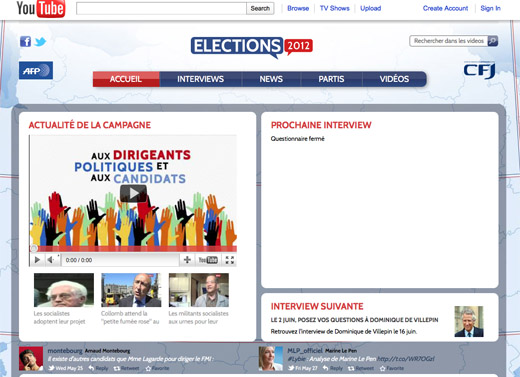The MediaGuardian’s top 100 list illustrates the growth and influence of digital over traditional media, according to an analysis by the EditorsWeblog.
And if the list is anything to go by, digital appears to be winning in regards to influence hands-down.
Referring to panel comments in a Guardian blog, the report highlights how those who created the list felt newspapers’ influence was “continuing to wane”.
Far too much credence has been given to the influence of newspapers. The election was evidence that they are not the power we once thought.
Digital and social media pioneers claimed the majority of the top spots – prompting a number of questions for the future of traditional media.
Is the influence of newspapers actually waning? Can publishers still compete with Apple or Google for influence over the public? What can they do to work with such companies, and with social networking platforms such as Facebook and Twitter, to maintain newspapers’ relevance in an increasingly digital society?
In another post commenting on the top 100 list, Kevin Marsh from the BBC highlights what he perceives as a lack of interest in content over platforms.
For those of us who think news – in the traditional sense – still matters, the highest placed newspaper editor is Paul Dacre, at 13 … and there’s not another journalist ’til Helen Boaden (BBC), at 21, and Nick Robinson (BBC), at 26 – and there are only three other journalists in the top 50
[T]he power of platforms – whether physical, social media or multi-use – is now greater than that of the content they carry.
Read the EditorsWeblog post here…
